High-quality early child care and education are key to healthy development but out of reach for too many kids.
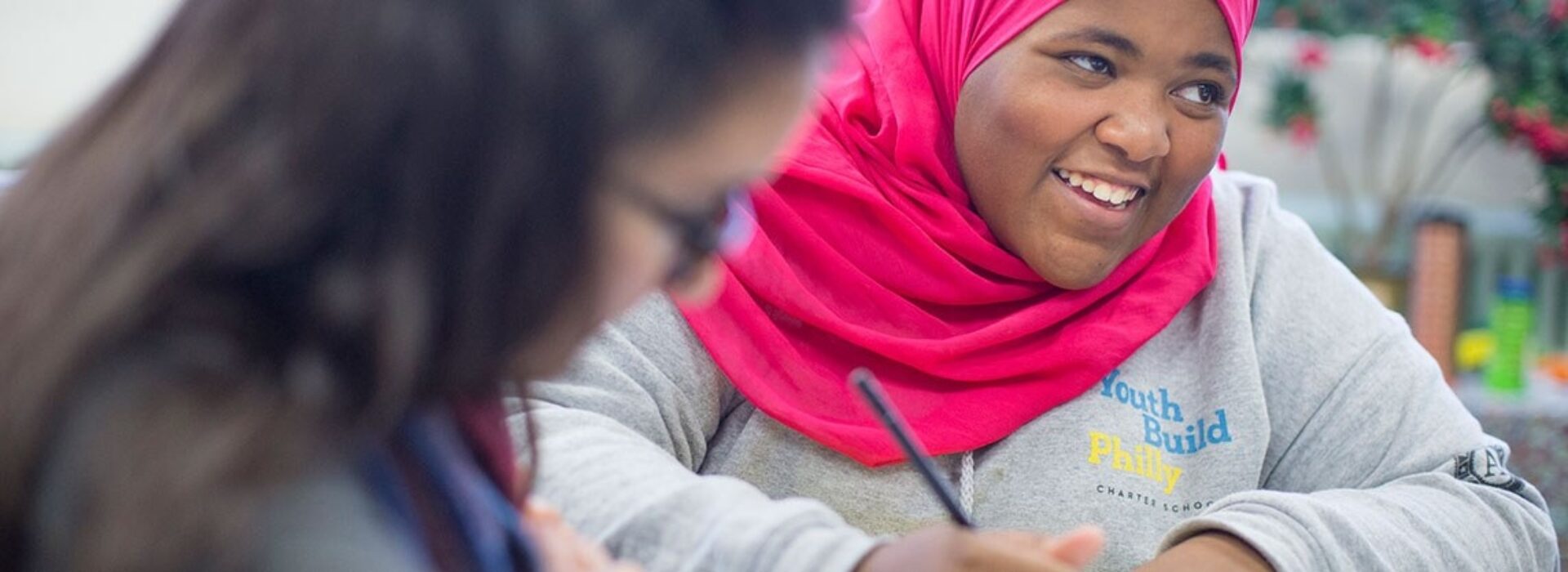
The Annie E. Casey Foundation is improving the neighborhoods where young people and their families live by promoting access to high-quality schools, affordable homes and good jobs. Read about our work here.
Building supportive communities that offer children and adults a range of educational and economic opportunities
High-quality early child care and education are key to healthy development but out of reach for too many kids.
Low-income parents and other adult residents need convenient, ready access to training, education, financial counseling and other services that can help them get jobs to support their families and achieve financial stability.
For many families, housing costs take a significant chunk out of an already meager paycheck, and being forced to move again and again is a reality. Their communities need more housing options that remain affordable for the long term.
Developing local, state and national partnerships to promote policy reform and community change on a broader scale
Changes and innovative approaches to policies and practices in areas such as housing, economic and community development and financing can help revitalize disinvested communities.
Well-established local leadership and a broad range of public and private partners help sustain neighborhood improvements over time.
Universities, hospitals and other anchor institutions rooted in urban areas can help fuel the local economy by supplying jobs for residents and supporting development in surrounding disinvested neighborhoods.
Documenting best practices in community development
The success of children and their parents is intertwined. Programs promoting kids’ health and educational needs must go hand in hand with services for their parents and caregivers, such as job training and financial coaching.
Transforming a neighborhood may involve rehabbing or building new housing on a scale that disrupts a community to ultimately establish safety and stability. Such projects should put people first, lessen the impact of relocation on residents and create a mixed-income community with affordable homes.
Resident involvement and leadership can mean the difference between short-lived and lasting change in a community. They should be actively involved in shaping their neighborhood’s future.
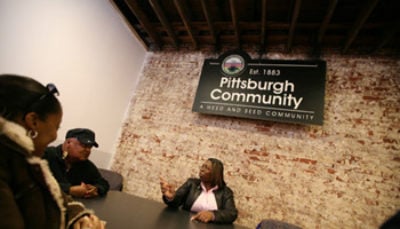
The Atlanta Civic Site helps families in Southside Atlanta’s NPU-V neighborhoods access good schools, housing, income, and career opportunities to thrive.
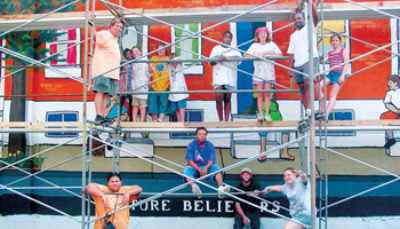
We’re building partnerships across sectors to boost education, jobs, health and neighborhood outcomes for Baltimore City’s youth and families.
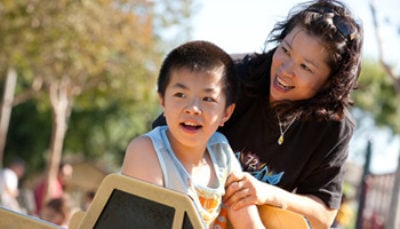
Public systems, schools and communities guiding public investment toward evidence-based programs that improve the growth and development of kids and youth.
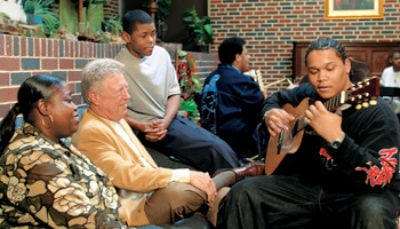
We partnered with community development initiatives in Buffalo, New York, Columbus, Ohio, and San Antonio, Texas, to improve the quality of schools for kids and build job and parenting skills for the adults in their lives.
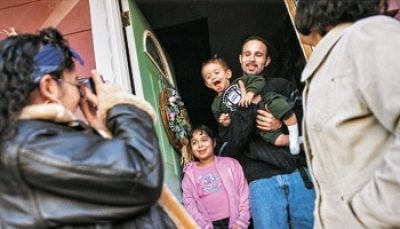
Making Connections showed that kids and families thrive in strong communities — a belief that continues to guide Casey’s two-generation approach today.

Casey promotes strong families by supporting responsible fatherhood through education, research and community networks that boost parent involvement.
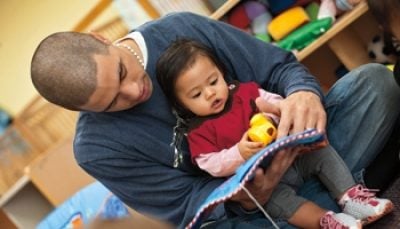
Faith communities supported kids and families through Making Connections, with investments aiding reentry and children of incarcerated parents. Read more.
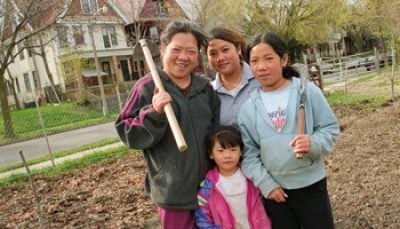
Launched in 1994, this seven-year initiative trained residents to lead local change and laid the groundwork for the Making Connections effort. Learn more.

Launched in 1993, Plain Talk showed that preventing teen pregnancy means equipping adults to share clear, credible messages. Its model has spread widely.
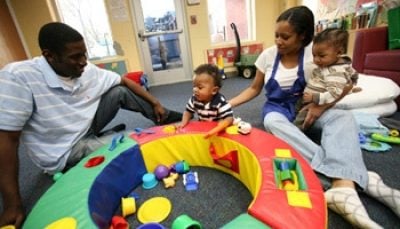
Launched in 1988, New Futures tested strategies to reduce teen pregnancy and dropout rates — shaping nearly every Casey initiative that followed.
By connecting learning to community impact, youth are gaining skills — and a stronger sense of belonging and purpose. Learn more.
Casey's Traci Broady answers questions about a new tool to help community-based organizations cultivate youth leadership. Read her interview.
New research highlights how youth navigation programs help young people overcome barriers and build a brighter future.
We hope you'll find value in this report. We’d love to get a little information from you, which we'll use to notify you about relevant new resources.